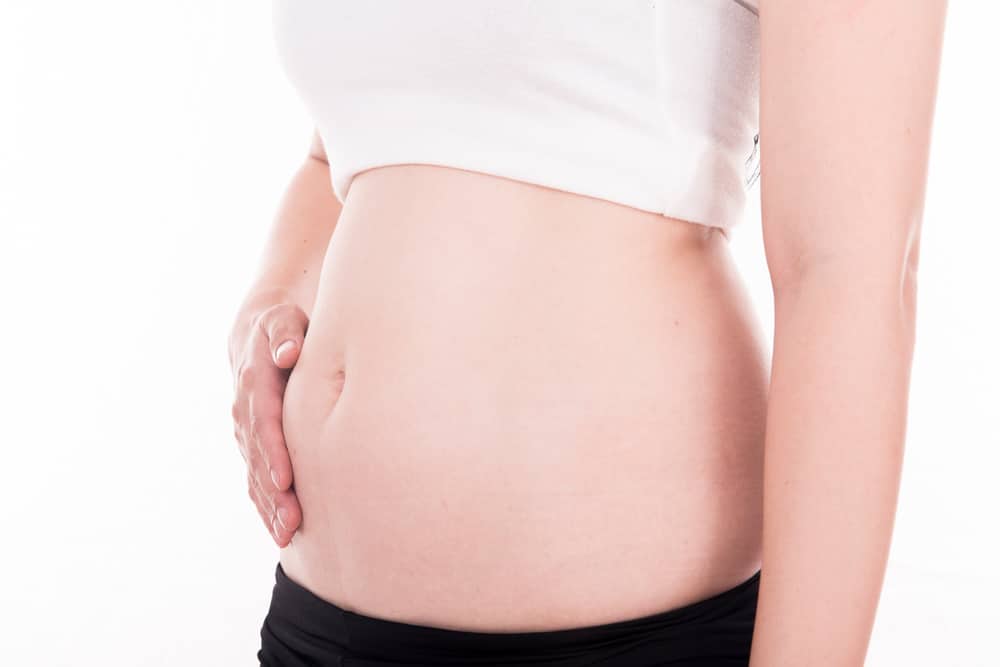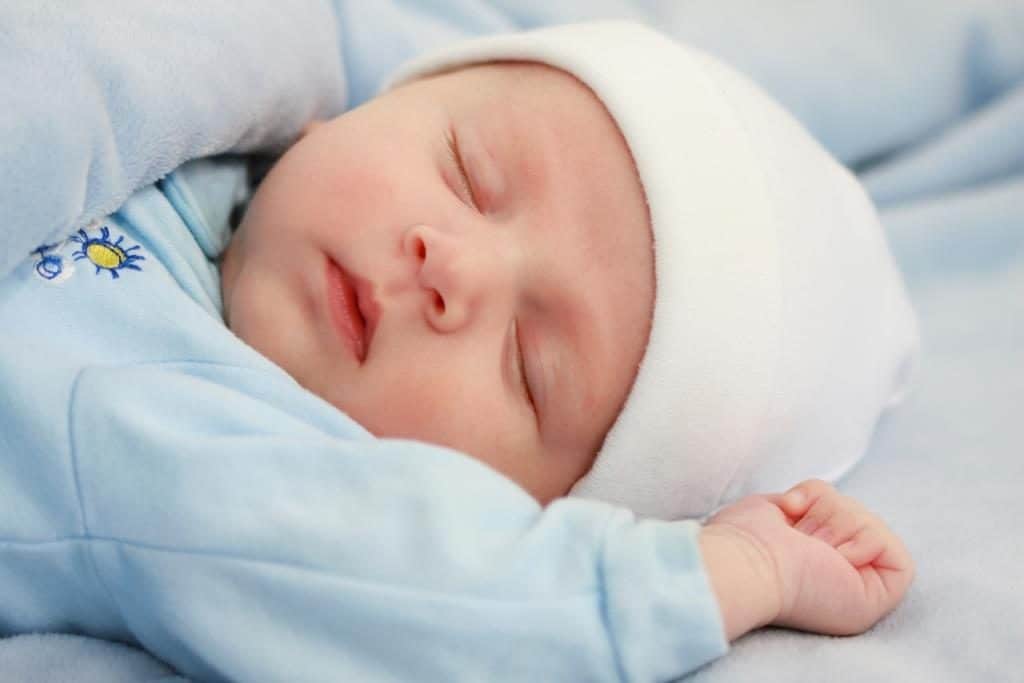Contents:
Medical Video: Fertilization
Many pregnant women are worried about having pregnancy complications. Pregnancy outside the womb is one of the complications that can be fatal. About 2 percent of pregnancies worldwide are the incidence of pregnancy outside the womb. In Indonesia alone, the frequency of pregnancy cases outside the womb can vary from 1 in 28 deliveries to 1 in 329 deliveries.
Pregnancy conditions outside the womb can be potentially dangerous for you. Then it is important to recognize the initial signs and get treatment as soon as possible.
Is it pregnant outside the womb?
In medical language, pregnancy outside the womb is called an ectopic pregnancy. Ectopic pregnancy is a pregnancy that occurs when a fertilized egg attaches to a place other than the uterus. Almost all ectopic pregnancies occur in the fallopian tube, so pregnancy outside the womb is also often referred to as tubal pregnancy. In some cases, an ectopic pregnancy can occur in the abdominal cavity, ovary (ovary), or cervix (cervix).
Ectopic pregnancy is a complication of pregnancy that generally ends abortion. This is because the organs in the stomach other than the uterus are not designed as the place where the embryo grows. Therefore, a fertilized egg in an ectopic pregnancy cannot develop properly and usually results in an embryonic or fetal death. About 16% of maternal deaths from bleeding during pregnancy are reported to be caused by broken "wombs".
What causes pregnancy outside the womb?
After fertilization, the egg slides from the fallopian tube to the uterus. If the tube is damaged or the pathway is blocked, the fallopian tubes fail to push the egg toward your uterus so that the egg may be trapped in the tube and continue to grow there.
You may never know why you can get pregnant outside the womb. But you are more likely to have an ectopic pregnancy if you have one or more of the following risk factors:
- Pelvic inflammatory disease (PID) or endometriosis - history
- Age 35 years or more
- Smoke
- Sexually transmitted diseases
- Scarring from previous surgery
- Ever experienced pregnancy outside the womb before
- Use of fertility drugs
- Pregnant from the results of IVF
Pregnancy outside the womb can also occur if you become pregnant after being sterilized (tubal ligation or sterile reversal) or when you still have an embedded IUD contraception, although very rare.
What are the characteristics and symptoms of an ectopic pregnancy to watch out for?
In early pregnancy, an ectopic pregnancy looks like a normal pregnancy. The three main characteristics of pregnancy outside the womb are abdominal pain on one side, no appearance of the menstrual cycle (amenorrhea), and mild vaginal bleeding. But only about 50 percent of women show these symptoms.
Other symptoms of an ectopic pregnancy that you should be aware of include:
- Pelvic pain
- Abdominal cramps
- Shoulder and neck hurt; crotch hurts
- Nausea and vomiting
- The head feels spinning, dizzy, or often wants to faint
Immediately go to the hospital emergency room if you experience severe vaginal bleeding or shock (symptoms including body weakness, very rapid heartbeat, dizziness and / or fainting, pale skin feels damp and cold). Shock is usually caused by loss of blood due to a torn fallopian tube.
If you show other symptoms of an ectopic pregnancy, contact your doctor immediately. The faster the ectopic pregnancy is diagnosed and treated, the better it will be for you. Treatment of pregnancy outside the womb will depend on whether the diagnosis is conclusive, the size of the embryo, and whether you experience pain, internal bleeding, or other related symptoms.
Click the following link to find out more about the treatment of ectopic pregnancy.












